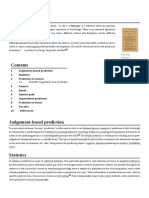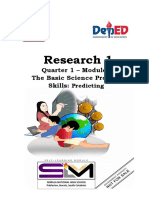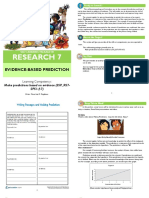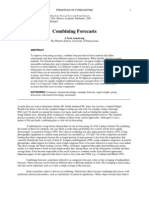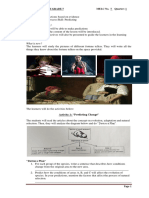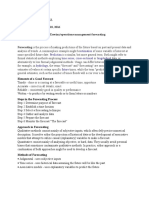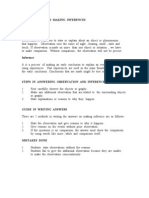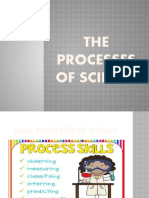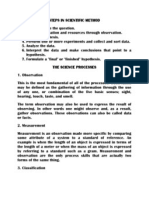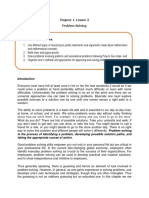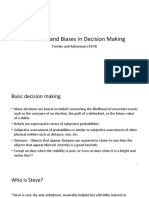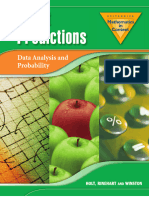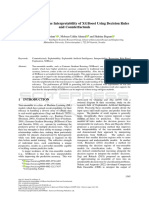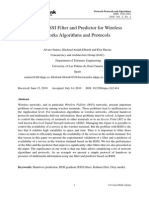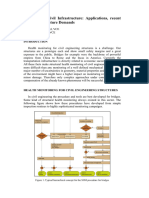0% found this document useful (0 votes)
56 views13 pagesQ2 - L2 - Basic Science Process Predicting
The document discusses the importance of predicting in the scientific process, emphasizing that predictions are educated guesses based on observations and past experiences. It outlines the steps for making reliable predictions, including data collection and pattern recognition, and distinguishes between extrapolation and interpolation in making predictions. Real-world examples illustrate how predictions are made in everyday life and science.
Uploaded by
greenhelix999Copyright
© © All Rights Reserved
We take content rights seriously. If you suspect this is your content, claim it here.
Available Formats
Download as PDF, TXT or read online on Scribd
0% found this document useful (0 votes)
56 views13 pagesQ2 - L2 - Basic Science Process Predicting
The document discusses the importance of predicting in the scientific process, emphasizing that predictions are educated guesses based on observations and past experiences. It outlines the steps for making reliable predictions, including data collection and pattern recognition, and distinguishes between extrapolation and interpolation in making predictions. Real-world examples illustrate how predictions are made in everyday life and science.
Uploaded by
greenhelix999Copyright
© © All Rights Reserved
We take content rights seriously. If you suspect this is your content, claim it here.
Available Formats
Download as PDF, TXT or read online on Scribd
/ 13
